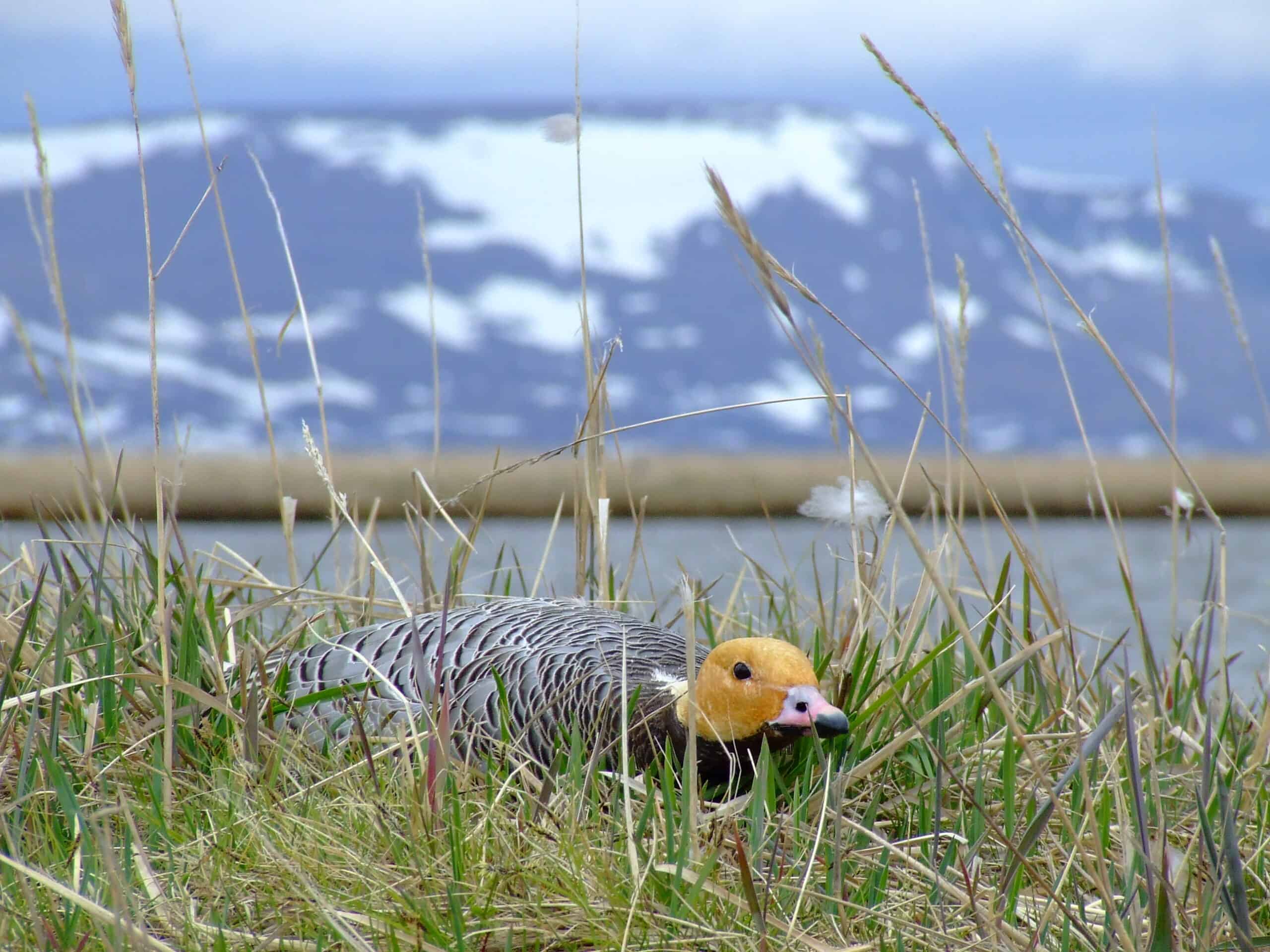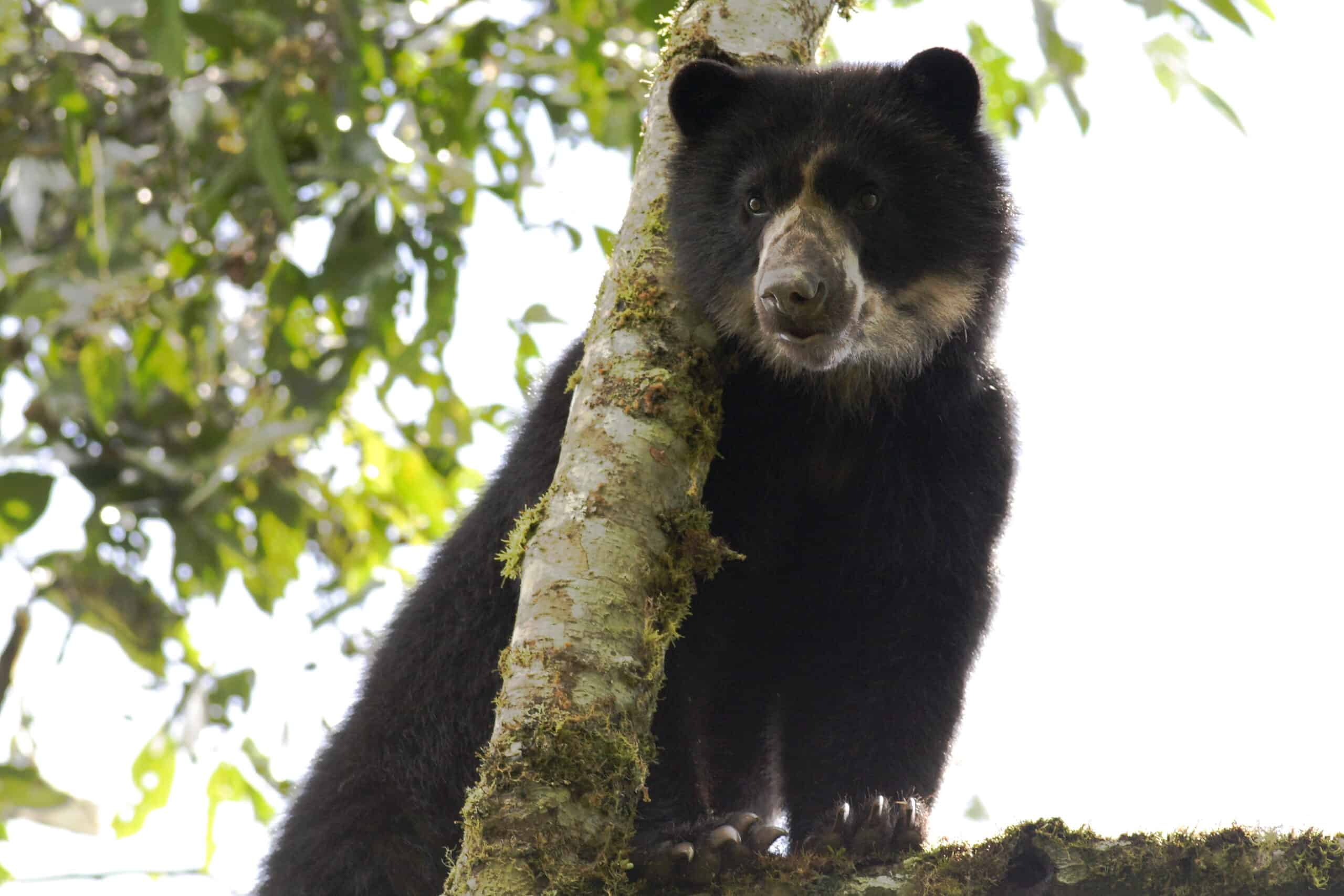Share this article
Session of the Week: Informing wildlife policy
Registration for The Wildlife Society’s 25th Annual Conference in Cleveland, Ohio, is now open! Visit twsconference.org for details, or register now by logging in to Your Membership and clicking on the Conference tab.
While biological, quantitative and social sciences are the foundation of the wildlife profession, professionals also need to know how to inform policy in the political and public arenas.
At the upcoming annual TWS conference in Cleveland, wildlifers will hold a symposium titled, “Challenges of balancing stakeholder engagement and scientific decision-making to inform wildlife policy” to help wildlifers understand how to put the different parts of their profession together.
Speakers at the symposium will present a few different case studies that show how wildlife professionals conduct management programs or research projects that are controversial, either politically or to the public. Speakers will discuss pitfalls they have encountered and lessons they learned contending with the controversies. Then, the audience will hear recommendations for wildlife professionals to anticipate and plan for potential future controversies in wildlife conservation.
Speakers will include wildlife professionals who have had experiences in the real world working with state and federal agencies and NGOs on controversial topics. They will discuss situations where wildlife policy programs have succeeded or failed.
The following speakers will share their insights during the symposium:
Coyote wars move east: stakeholder reaction to fawn predation research– John Kilgo
Ecology and human dimensions of red wolf recovery: a perspective from the field– Joseph Hinton
Bacteria and viruses and prions, oh my: dealing with stakeholders on wildlife disease issues– Louis Cornicelli
Research to improve management of elk-human conflicts in Minnesota– Gino D’Angelo
The management of humans with interests in invasive wild pigs– Kurt VerCauteren
State incentive programs for habitat management on private land: a preliminary evaluation– Luke Macaulay
Wild horse and burro management: using science and coalitions to advance sound policy– Keith Norris
Challenges for management of wild sheep in the western U.S. and Canada– Mike Cox
Supported by: Boone and Crockett Club, University Programs Committee; Early Career Professional Working Group of The Wildlife Society
Lead Organizer– Gino D’Angelo
Header Image: Red wolf recovery is a controversial wildlife policy topic wildlife professionals will discuss at the upcoming TWS annual conference symposium. ©Crawford/USFWS 2003








